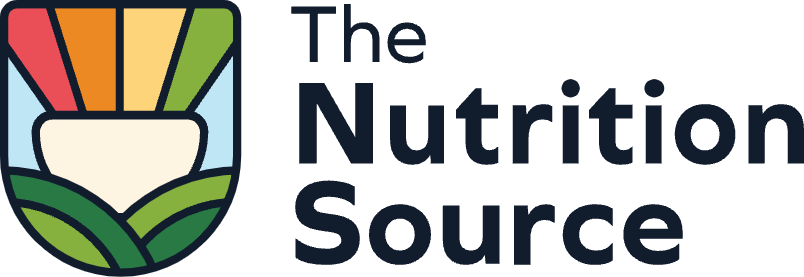While Rimm argues that there is no “magic bullet” for weight loss, choosing a diet that is both healthy and easy to maintain is crucial for lasting results.
- Tailor your diet: Successful diets tailored to individuals’ personal and cultural preferences are more likely to result in long term success.
- Get support: Ongoing counseling sessions are important to achieving and maintaining weight loss.
- Eat a range of food choices, including fruits, vegetables, whole grains, and nuts.
- Unprocessed foods are best. Stay away from processed food.
- Fats: Not all fats are created equal. Replace unhealthy fats, such as trans fats and partially hydrogenated vegetable oils, with healthy fats, such as olive oil or canola oil (mono and polyunsaturated fats). Use liquid cooking oils and check nutrition labels on products you buy for fat content.
- Fish: If you are able, try to eat two servings of fish weekly or consider fish oil supplements to get an average 250mg/day of omega 3s or n-3 fatty acids. Choose your fish wisely to avoid mercury, especially if you are pregnant, thinking of becoming pregnant, or a small child or infant. Albacore tuna, shark, and swordfish are among the fish with higher mercury levels.
- Alcohol: A number of studies have shown moderate alcohol consumption to have some health benefits, such as to heart health and increased longevity. However, deciding whether to drink alcohol or not is a personal decision and not advisable if you are at risk for alcoholism. Studies also have shown that one drink a day can increase women’s breast cancer risk by 10%. If you do drink, do so sensibly and in moderation: up to one drink per day for women and up to two drinks per day for men.
- Consider following the Healthy Eating Plate as a guide to healthy eating.
- Dark chocolate can be good for blood pressure—just don’t consume too much of it.
Full article available in HSPH’s featured news stories

